The Escape of the Mind

Oxford University Press is a department of the University of Oxford. It furthers the Universitys objective of excellence in research, scholarship, and education by publishing worldwide.
Oxford New York
Auckland Cape Town Dar es Salaam Hong Kong Karachi
Kuala Lumpur Madrid Melbourne Mexico City Nairobi
New Delhi Shanghai Taipei Toronto
With offices in
Argentina Austria Brazil Chile Czech Republic France Greece
Guatemala Hungary Italy Japan Poland Portugal Singapore
South Korea Switzerland Thailand Turkey Ukraine Vietnam
Oxford is a registered trademark of Oxford University Press in the UK and certain other countries.
Published in the United States of America by
Oxford University Press
198 Madison Avenue, New York, NY 10016
Oxford University Press 2014
All rights reserved. No part of this publication may be reproduced, stored in a retrieval system, or transmitted, in any form or by any means, without the prior permission in writing of Oxford University Press, or as expressly permitted by law, by license, or under terms agreed with the appropriate reproduction rights organization. Inquiries concerning reproduction outside the scope of the above should be sent to the Rights Department, Oxford University Press, at the address above.
You must not circulate this work in any other form
and you must impose this same condition on any acquirer.
Library of Congress Cataloging-in-Publication Data
Rachlin, Howard, 1935
The escape of the mind / by Howard Rachlin.
pages cm
Includes bibliographical references and index.
ISBN 9780199322350 (alk. paper)
eISBN 9780199322374
1. Mind and body. 2. Self-control. 3. Philosophy of mind.
4. Cognitive psychology. I. Title.
BF161.R2293 2014
150dc23 2013046958
For Nahid, Leila, Greg, and Ethan
If one sees the behavior of a living thing, one sees its soul.
Ludwig Wittgenstein
CONTENTS
J. J. McDowell
Henry D. Schlinger, Jr.
I thank my friend, Marvin Frankel, whose contribution to this book goes far beyond the co-authored chapter reprinted here. I am grateful for the valuable comments and discussions with William Baum, Diane Barthel-Boucher, Jasper Brener, Leonard Green, Edward Katkin, John Malone, and Rohit Parikh and two anonymous reviewers.
Many of the ideas expressed in this book, especially regarding behavioral interpretation of ancient philosophy, owe a great debt to .
Preparation of the book was supported by grants from the US National Institute of Health.
These chapters are arranged to tell a story (not necessarily the story) in the history and present state of philosophy and psychology of thinking about thinking. There are as many threads in this material as in a Persian carpet. The particular one I will try to pick out opens up questions that most people regard as settled: What does it mean to have a mind, to think, to be conscious of something? And, when we think, where do we do it? In my story, the history of thought about thought is really the history about how people relate to objects in the world and to each other. I believe that when we relate to objects and other people narrowly, wholly in the present and in the particular, we are not thinking. When we relate to objects and people widely, when our present actions depend on abstract relationships, widespread in both the past and future, we are thinking. This way of thinking about thinking applies to conscious as well as unconscious thought.
In my story, the ancient Athenian philosophers, Plato (who is said to have invented the mind) and Aristotle, both tended to think about thought in the above way. Our minds in this conception are not only active minds but, as long as we are conscious, are in continuous contact with the worldespecially with each other. In my story, a persons mind and the world, and the minds of other people, were originally bound up together, each inconceivable without the other. But in the course of history, in my story, they became separated. In the name of ethics and religion, great thinkers, represented here by Saint Augustine and Descartes, teased apart the mind and the world and began to conceive of the mind as wholly contained within the body. In their conception, the mind, isolated from the world in the brain and served by millions of nerves (like a general, safe in his headquarters) continuously receives messages from the sense organs and sends messages to the muscles, but is never in direct contact with the world. This is the view of the mind that dominates current thought about thoughtthat most people regard as settled, as axiomatic. This is the view of the mind taken by the sort of common-sense folk psychology that refers to an inner life, as you might say, The characters in this novel seem to have no inner lives.
Only recently, in the twenty-first century, have a few philosophers and psychologists come to conceive once again of the mind as active in the world. The main purpose of this book is to tell some of that story, of the escape of the mind, and to argue as strongly as possible for its usefulness and its relevance to modern times. The chapters are based on a series of articles that I and my colleagues have published over the years (in which this view was developed and refined), rewritten so as to tell a continuous story.
The Escape of the Mind

1

The Invention of the Mind (Plato)
The ancient Greek philosopher, Plato, tells an allegory of prisoners in a cave chained so they cannot move. They see only shadows projected on a wall. One prisoner is temporarily released and interacts with real objects and other people. When he returns to the cave, he cannot convince the others that their world is only a shadow of reality.
The freed prisoner learns about the real world by interacting with objects and people; analogously, we may learn about an ideal world by interacting not with objects and people but with the abstract patterns of their movement. Platos conception of the mind (like the modern biological conception of an ecological niche) is a framework of interacting behavioral-environmental patterns. For him, the good life and the happiness that it entails in the soul are one and the same thinga harmonious pattern of behavior in society and the world.
Philosophers occasionally say that Plato (427347 b.c.) invented the mind. According to one website (http://www.hermes-press.com/plato_thought.htm), ...the powers of mind that we call rational intelligence were actually invented by Plato and the thinkers who followed in his path. When it comes to critical thinking, we find it hard to understand that at one time this capability of the human mind did not exist and had to be deliberately invented. You do not have to go as far as this to understand that the ideas formulated in Platos writings have had a tremendous influence on our concepts of intelligence and rational thought.
Platos Allegory of the Cave
In his most famous dialogue, The Republic, Plato considers our nature in respect of education and its lack. (Republic VII, 514 a). As part of his philosophy of education, of what it means to acquire knowledge, he imagines prisoners in a cave chained to their seats and able to view only shadows (two-dimensional projections of objects) on a wall. Then he imagines what it would be like for one of these prisoners to be freed and brought out of the dark cave and into the bright sunlight of our world. He describes the initial blindness and the subsequent enlightenment that the freed prisoner would experience. Then, in the allegory, the same person goes back into the cave, where it takes him a while to re-adapt. He tries to explain to the prisoners what the shadows really represent. The unfreed prisoners cannot understand. They see him as a fool at best and, at worst, a grave danger. Of course, an allegory invites all sorts of interpretation. However, a critical point is that the prisoners in the cave do not see

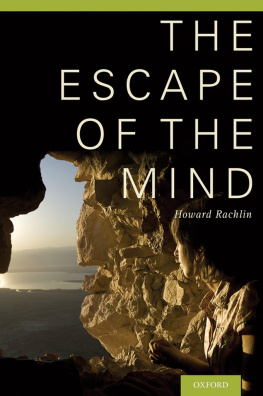



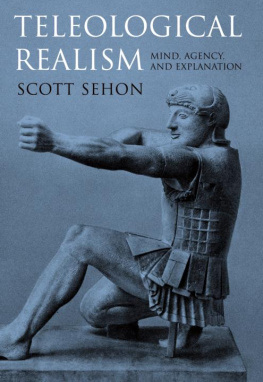
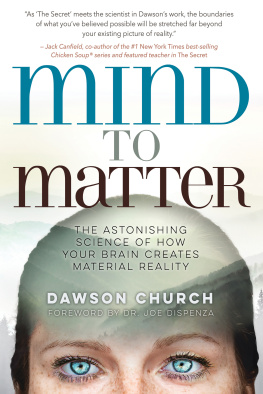
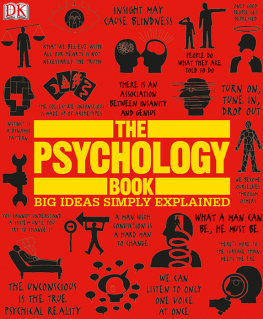
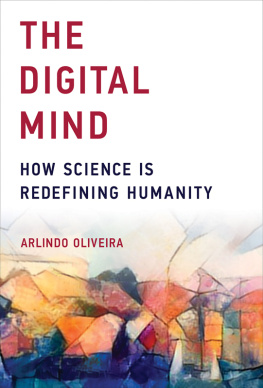
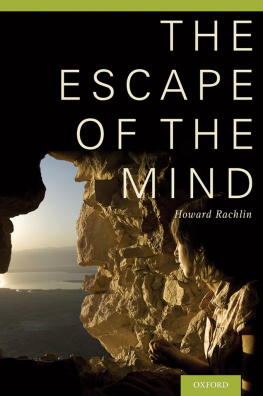
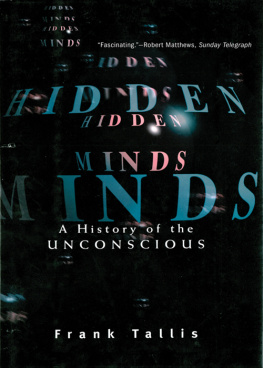
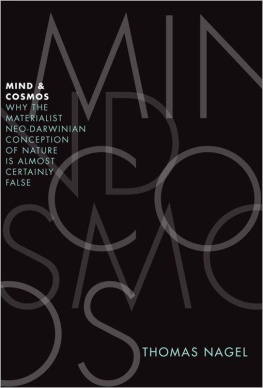


 1
1